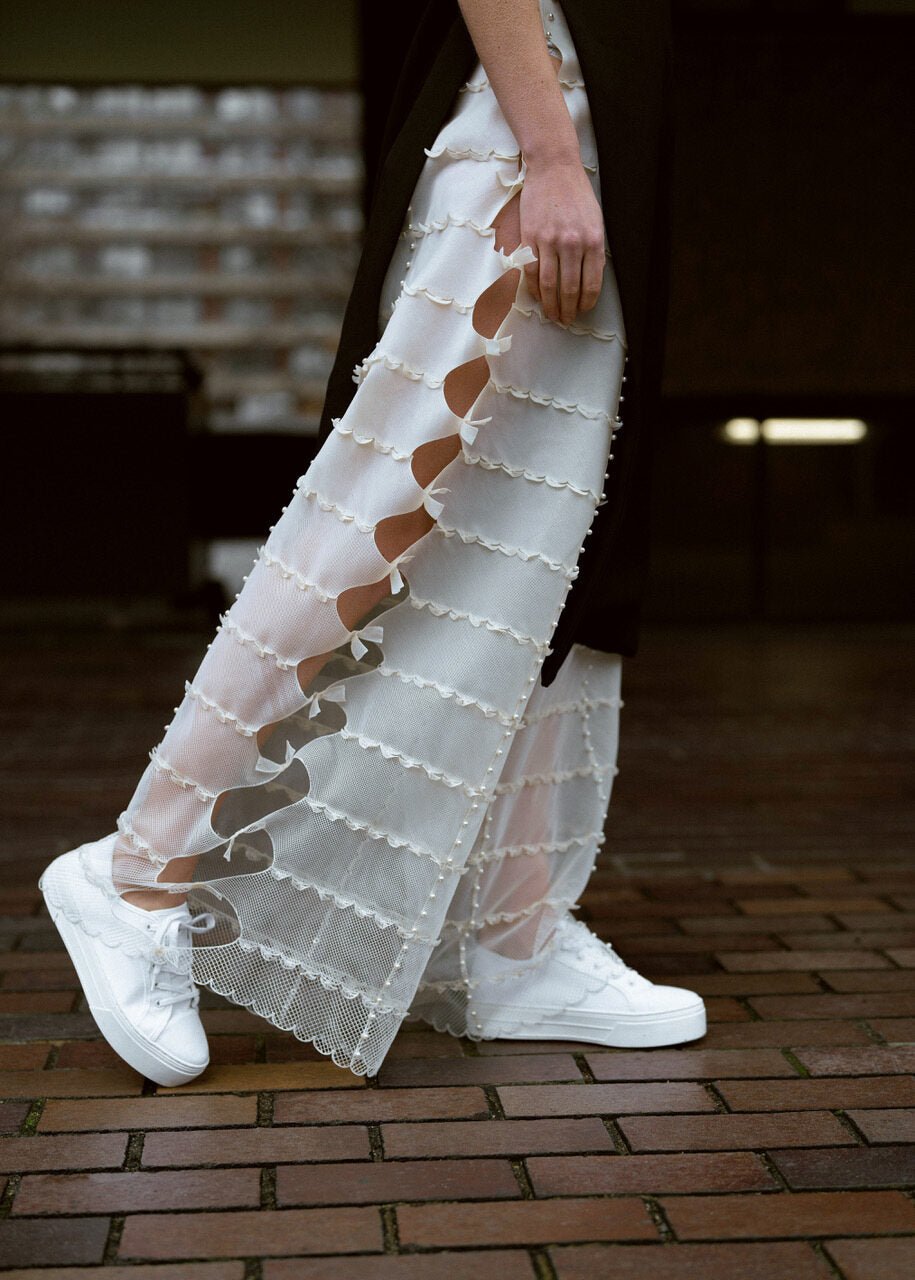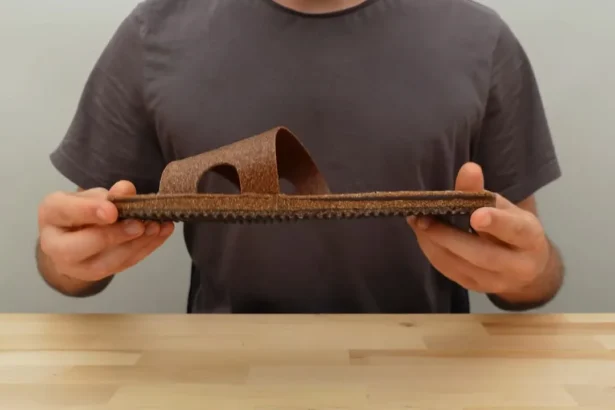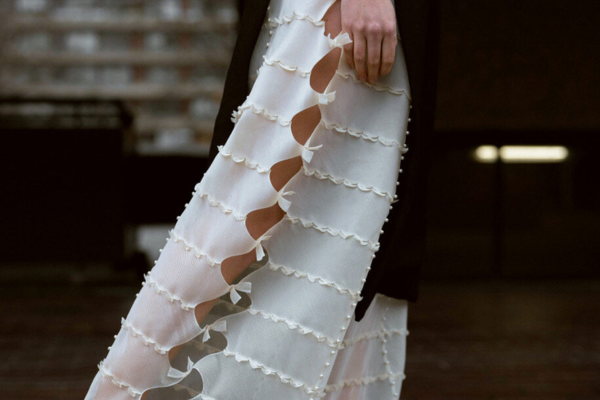Specializing in international materials science, Balena has collaborated with UK 3D-print label Variable Seams to highlight the strength and comfort of Flextex3D, allowing for the 3D printing of fabrics and garments. This also emphasizes sustainability by decreasing environmental impact and transitioning supply chains away from fossil fuels.

FlexTex3D is hailed as a groundbreaking solution to the issues of overproduction and environmental waste in the industry, according to Balena CEO and founder David Roubach.
It seeks to tackle the issue of the overproduction crisis in the industry, with 40% of clothing items remaining unsold each year, totaling 60 billion pieces. This issue is exacerbated by the use of materials such as polyester and nylon, resulting in environmental harm and a large number of fossil oil-based clothing items being disposed of in landfills.
Both companies believe that utilizing 3D printing technology could revolutionize the way clothes are produced, allowing for personalized and on-demand items. However, sourcing the appropriate materials has proven to be a challenge.
Balena mentioned that the current materials, such as PLA and PHA, lack flexibility, strength, and durability and are not suitable for clothing. We require improved materials that can decompose while maintaining functionality. We need more sustainable materials that are easy to break down and comfortable to wear, while also looking and feeling great.
The company’s BioCirflex3D bio-based, compostable, and recyclable thermoplastic material supports FlexTex3D technology in that situation. This technology allows for the 3D printing of fabrics and garments that are not only very flexible and exceptionally durable but, crucially, wearable.
BioCirflex3D offers biodegradable properties and provides a revolutionary solution for fully circular additive textile manufacturing. Waste is eliminated in the design process, and materials are regenerative, meeting the industry’s demand for functional circular materials. This product is meant to replace harmful conventional plastics such as polyester, nylon, polypropylene, PVC, and PET commonly found in the industry.
The company collaborated with Variable Seams founder Brigitte Kock on a material containing over 50% bio-based content. The material provides a zero-waste solution with controlled biodegradability, including the option to take back the goods at the end of their use for recycling.
by Nigel TAYLOR




